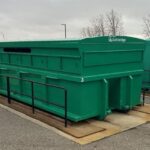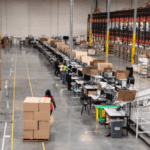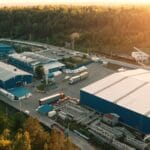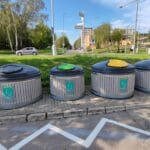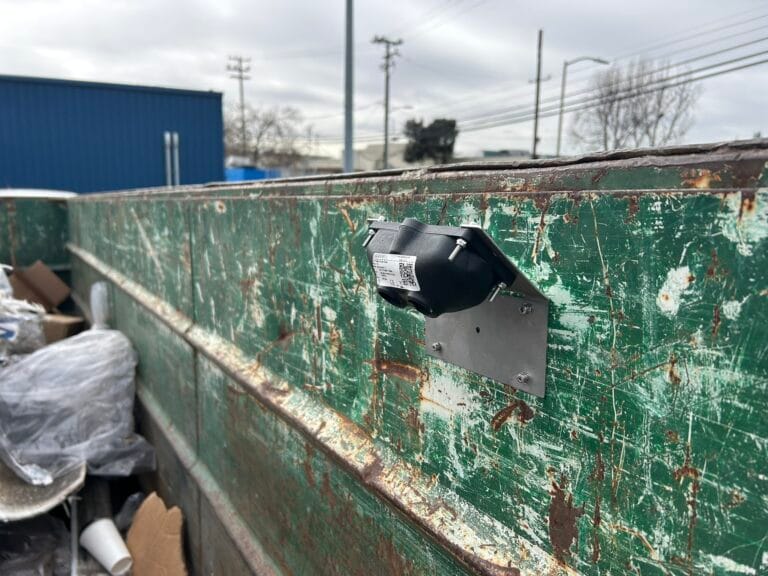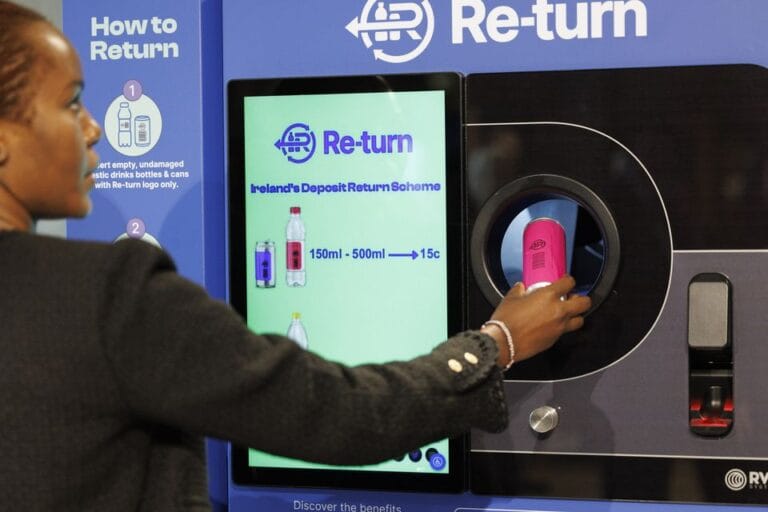Smart waste projects in Valjevo and Niš, Serbia

535
Number of sensors
1100 litres
Type of bins
LoRaWAN
Connectivity
Efficiency
Goal
Smart waste management in two Serbian cities
Project and customer description
Two Serbian cities, Valjevo and Niš, have partnered with Sensoneo’s local reseller to modernize their municipal waste collection. Both cities aim to improve efficiency, prevent overflowing bins, and reduce operational costs through the use of smart waste monitoring technologies.
Challenge
Waste collection in large urban areas is often managed through fixed schedules, which can result in unnecessary pickups of half-empty bins or delays that lead to overflow. Both Valjevo and Niš sought a solution to gain real-time data on container usage in order to optimize their collection logistics and improve service quality for citizens.
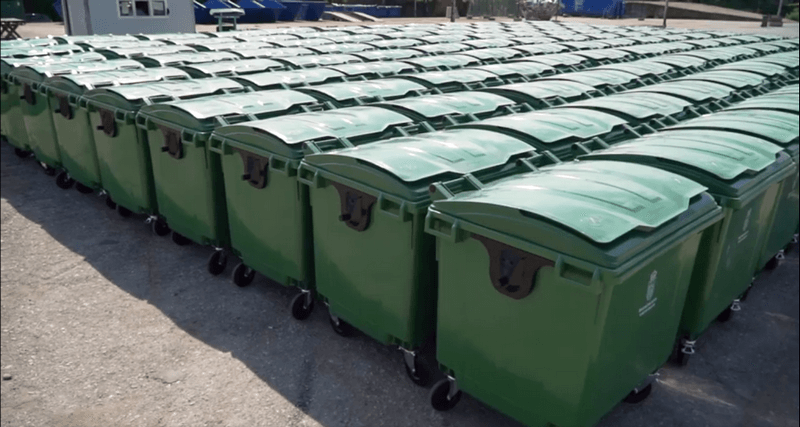
Solution
A total of 535 Sensoneo ultrasonic smart sensors were deployed to monitor the fill levels of 1,100-liter communal waste containers. Niš additionally plans to expand the project by installing sensors in its existing underground bins infrastructure.
The sensors communicate via the LoRaWAN network, ensuring stable and reliable connectivity. The system provides both municipalities with real-time insights into bin usage, supporting more efficient collection planning and resource allocation.
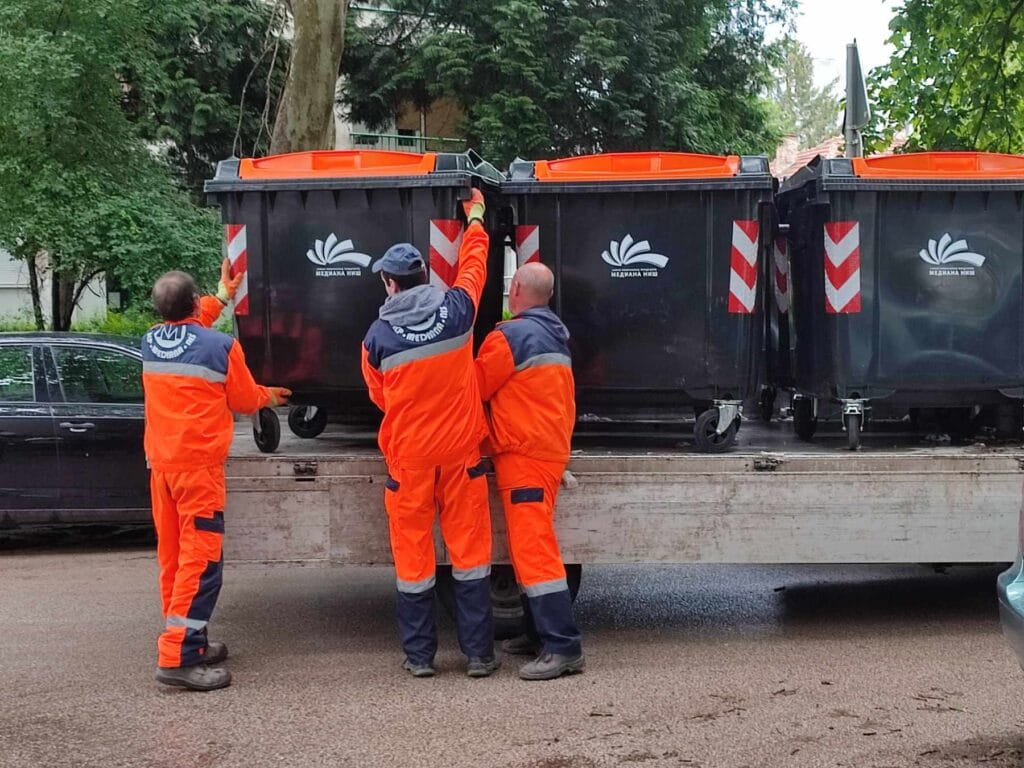
Impact
The adoption of Sensoneo smart waste monitoring has provided Valjevo and Niš with continuous visibility into the status of their waste containers. With accurate fill-level data, the cities can prevent overflows, avoid unnecessary pickups, and introduce more efficient waste collection routes. This leads to cost savings, improved fleet utilization, and cleaner urban environments. Citizens benefit directly from better service quality and tidier public spaces.
Key achievements:
- Comprehensive digitalization of waste infrastructure
- Reliable monitoring of bin fill levels in real time
- Data-driven optimization of collection routes
- Prevention of overflowing bins and unnecessary pickups
- Reduced operational costs and vehicle mileage
- Lower fuel consumption and emissions
- Cleaner public spaces and improved quality of service for citizens
Selected success stories
Smart Waste Newsletter
Get monthly updates from our company and the world of waste!


